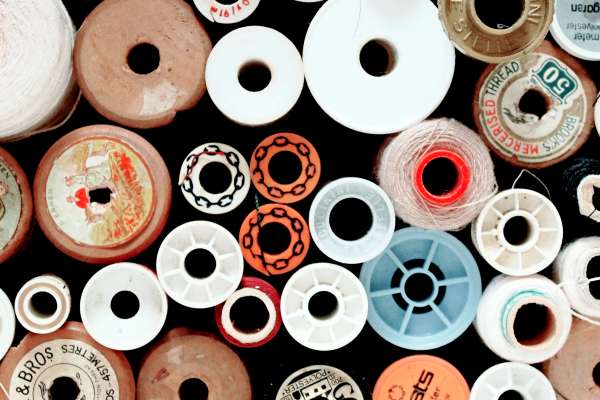India
Gender issues are widespread in the world’s second-largest garment exporting country
India’s garment industry at a glance
The textile and garment industry is the third-largest employer in India, employing about 45 million people throughout the country. Work is concentrated in three hubs—Delhi NCR, Bangalore and Tirupur—all known for different manufacturing specialities. As the second largest exporter of garments and cotton around the world, India’s textile and garment industries play an important role in the country’s economic growth and future, especially as their domestic market continues to grow.
Labour issues in India
Workers across India face many barriers to fair employment. With high demand throughout the garment industry, there is a great deal of pressure on factories to produce a lot and at a fast pace. This means that many workers are forced to stay late and work long overtime hours, which oftentimes are unpaid. Informal employment arrangements are also very common, especially for seasonal and migrant workers. This, coupled with the fact that workers are often discouraged from joining trade unions, makes it difficult for them to improve their situation. Fair wages are hard to come by too, with most minimum wages across the country not meeting the estimates for a monthly living wage.
Gender inequality is another big issue facing the country. The gender pay gap in India is quite large at around 34% and there has been a decline in employment opportunities for women since the mid-2000s. Today, women are often limited to basic agriculture, sales and handicraft manufacturing jobs. Sexual harassment remains a major challenge as well and generally goes unreported. While certain measures exist, the reality is that most garment factories do not have functioning mechanisms in place to ensure that gender issues are being addressed and dealt with.
What Fair Wear is doing
Fair Wear has been active in India since 2003. There are currently 40 Fair Wear member brands in the country that source from more than 160 factories.
Since 2013, Fair Wear has been training factory management and workers through its Workplace Education Programme, focusing on the prevention of gender-based violence and the establishment of Internal Complaints Committees. We have local partners on the ground, including a country representative, programme manager, complaints coordinator and a team of auditors, trainers and complaints handlers. Complaints hotlines are available in five languages: Hindi, Tamil, Kannada, Bangla and English.
Some of our key activities in India include:
- Research on post-Covid impact on women workers
- Structured engagement with stakeholders like government, business association, national & international NGOs, and unions
- Simplifying labour codes and disseminating among workers
- Short awareness videos for workers on their safe return to work post Covid-19 surge
- Supplier seminars in North and South India on living wage and social dialogue
- Advocacy with other international organisations like UN Women and Labouring Women to strengthen the monitoring of the Sexual Harassment (PPR) Act of 2013
- Supporting factories with Fair price App
- Work with local partners and Tamil Nadu women’s commission to jointly organise state-level consultation to preparing policy for Textile women workers protection
- Strengthening and capacity building of team on Human Rights Due Diligence and labour codes
Interested in calculating labour minute value and product costing for this country? Check out our country calculators here.
Resources
This report looks at the case of India as part of the Social Dialogue in the 21st Century project, a collaboration between the New Convers…
This country study draws on consultations with key stakeholders across India’s textile and garment sector, Fair Wear audits and complaints r…




